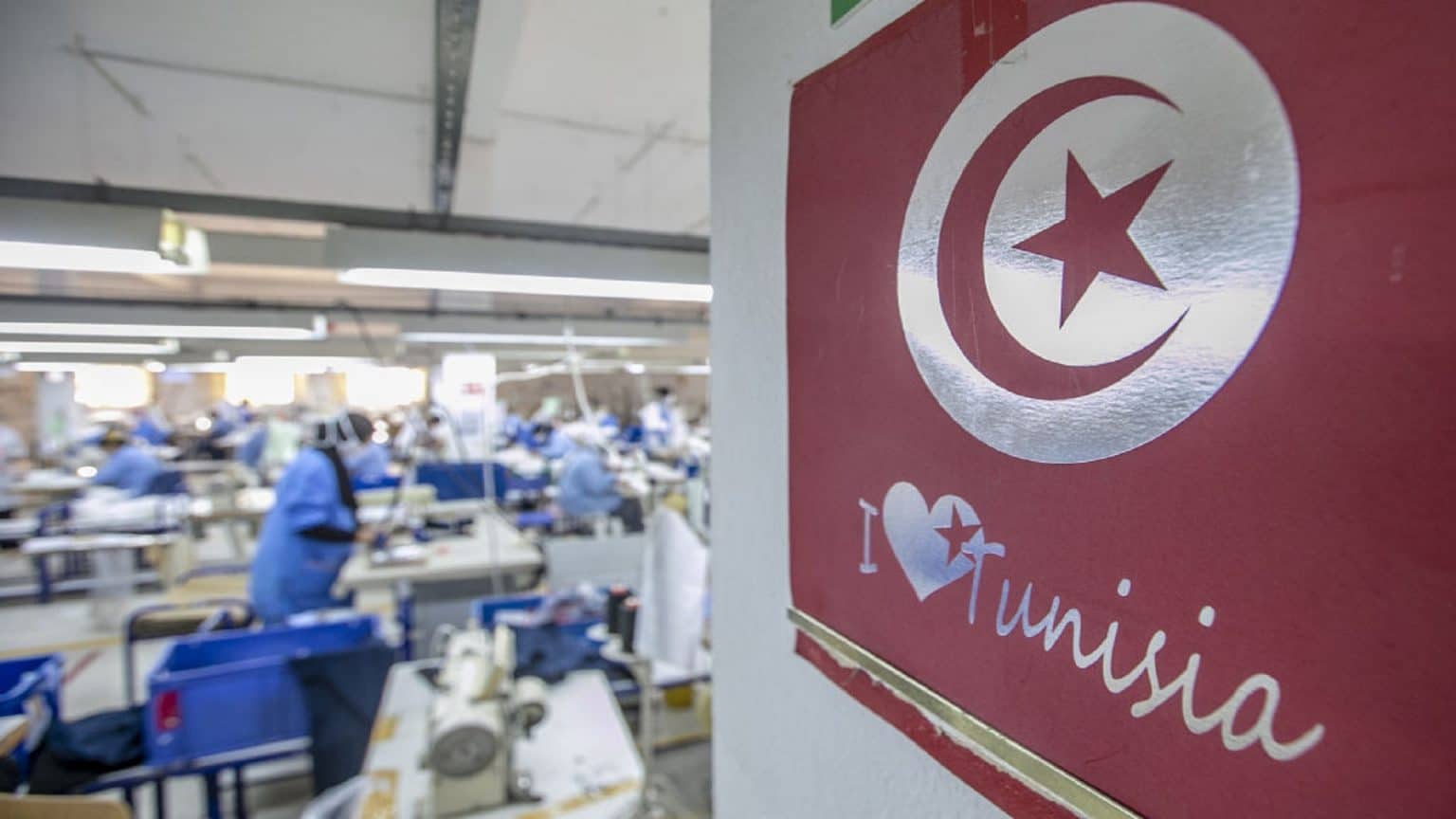Tunis, (Business News Report)|| Tunisia’s exports still below the competitive level lack competitivity at the regional and international levels, in light of the poor diversification of production.
A recent Tunisian study showed a decline in the competitiveness of Tunisia’s exports due to the weak diversification of production in most sectors due to the traditional government policies that have been followed for many years.
The authors of the study, from experts from the Tunisian Institute of Competitiveness and Quantitative Studies, conducted the period between 2011 and 2019, confirming the existence of disruptions in the activity of the business sector in general, to a state of confusion deepened by the pandemic.
The repercussions of the health crisis are still casting a shadow over the already weak Tunisian economy. The suspension of the activity of many companies exacerbated the deterioration of the export sector that it recorded a massive decline in some periods. This caused a trade deficit of more than $6 billion.
Tunisia, whose economy depends in large part on the industrial sector as well as agriculture and tourism, faces strong competition with Morocco in the export sector due to the lack of diversification in the fields of production, lack of investments or insufficient marketing operations.
If we exclude the manufacture of car components, some Airbus aircraft equipment, and some manufacturing industries, especially food, there are no more valuable alternative areas that can compete in foreign markets, especially European.
According to the data published by the Tunisian Industry Portal, the mechanical and electrical industries include 585 companies operating in more than 50 fields, including 182 fully exporting companies.
Although these industries accounted for the largest amount of exports, displacing the textile, clothing and leather sectors from the fore, their share declined by about one percent in European markets during the nine years that followed 2011, unlike its competitors, especially Morocco.
According to the institute, mechanical and electrical exports, which include pumps and spare parts for generators, ships, light bulbs, and others, recorded an average growth of 45.1 percent during that period, compared to an average growth of 28.1 percent during the period between 2001 and 2010.
As for textiles, clothing and leather, the institute saw a decline in Tunisia’s share in European markets by 6.4 percent in the same period in favor of Bangladesh, Pakistan and Poland, whose shares registered a noticeable increase, respectively, in the same market.























































